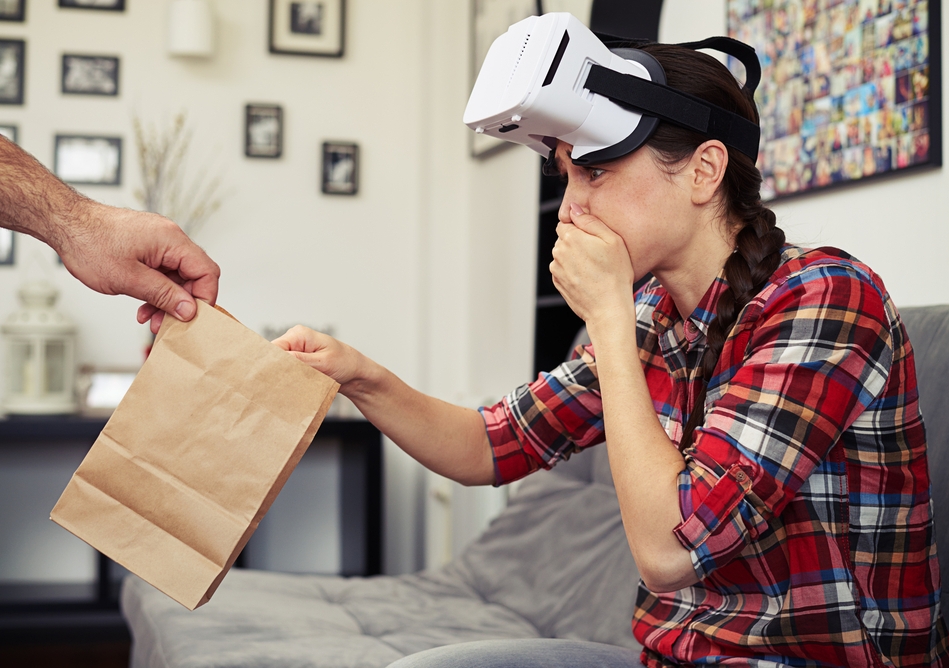
The University of Waterloo researchers have conducted a study on cybersickness, analyzing the reasons why specific individuals experience the condition while playing high-intensity Virtual Reality (VR) games, while others do not. Cybersickness is a sensation that makes people feel like they are changing positions, even though they are not while using VR or Augmented Reality (AR) innovations.
The researchers’ survey discovered that participants’ understanding of vertical lines changed considerably after playing high-intensity VR games through subjective visual verticals. The research implies that an individual’s cybersickness influences how their senses adjust to the conflict between reality and VR, according to Professor Michael Barnett-Cowan from the Department of Kinesiology and Health Sciences.
The findings could be beneficial to VR developers and designers, as they can use the information to create more comfortable and enjoyable settings for users. To conduct the research, the scientists measured the understanding of vertical lines before and after playing two VR games (high and low intensity) with 31 players.
The results established that people who felt fewer symptoms of cybersickness were more likely to have a significant change in how they observed vertical lines after playing a high-intensity VR game. In contrast, for those with more symptoms of cyber sickness, changes in perception were less. There were no differences in gender experiences in both high and low VR games.
Researchers hope to bring about “personalized strategies” to prevent cybersickness
Co-writer William Chung mentioned that there are other factors that could explain cybersickness, despite the subjective visual vertical task being an essential factor. The researchers hope to develop individualized strategies to lessen the chances of cybersickness by understanding how people’s senses adapt during VR experiences and their relationship to cybersickness.
The researchers hope that by understanding how individuals’ senses adjust during VR experiences and how this relates to cyber sickness, they can create personalized strategies to reduce the likelihood of the condition. They also aim to create VR experiences that take into account individual differences in sensory processing to provide a more comfortable and enjoyable experience for users.
Moreover, they also aim to develop VR experiences that consider users’ differences in sensory processing, which can provide a more comfortable and desirable experience. This study has the potential to address the convincing problem of cybersickness, such as nausea, disorientation, eye strain, and tiredness for a good user experience in the gaming, education, and social interaction sectors of VR.
Photo credit: UNSW Sydney



